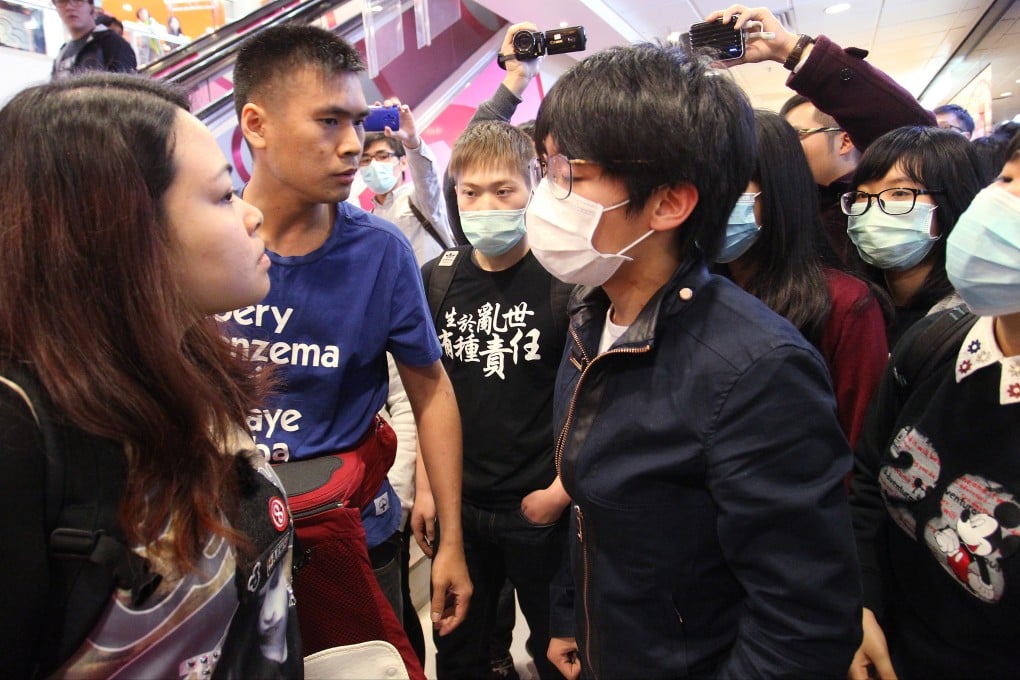Opinion | Word to the wise: Beijing is losing patience with Hong Kong's bailout requests
Frank Ching says the central government is becoming increasingly annoyed by Hong Kong officials' knee-jerk requests for help when decisions backfire

The announcement by the Ministry of Public Security to halt multiple-entry tourist visas for Shenzhen residents was made at the request of Hong Kong and, once again, shows the willingness of Beijing to be helpful when the SAR seeks assistance.
In 2003, after the severe acute respiratory syndrome outbreak, visitors from overseas stopped coming. Hong Kong asked the mainland for help and, that July, the Individual Visit Scheme was inaugurated, which allowed residents of certain cities to travel to Hong Kong on their own rather than in tour groups. Mainland tourists provided a major shot in the arm for our economy.
In 2009, Hong Kong asked for permanent residents of Shenzhen to be given travel documents allowing them to make unlimited visits here. This, too, was quickly granted, resulting in an additional 1.47 million visitors in the last nine months of the year. But as the numbers rose - reaching almost 15 million in 2014 - people here complained that mainlanders were crowding them out and that they had difficulty buying things such as infant formula.
Once again, Hong Kong made a request to Beijing. This time, it was to reverse the 2009 decision and cut back on the number of visitors. Again, Beijing has obliged. A spokesman for the State Council's Hong Kong and Macau Affairs Office said that the decision reflected the central government's "consideration for people's livelihood in Hong Kong".
But, while the two previous requests were quickly granted, this time, it took Beijing 10 months to act. Chief Executive Leung Chun-ying disclosed that he made the request last June. He attributed the delay to protests in Hong Kong against anti-parallel trading. Such protests, he said, were "counter-productive as far as the SAR government's efforts are concerned".
This suggests Beijing is no longer as enthusiastic as it was to help Hong Kong. Protests against parallel traders and tourists inevitably acquire an anti-mainland hue and Chinese officials don't like it.
